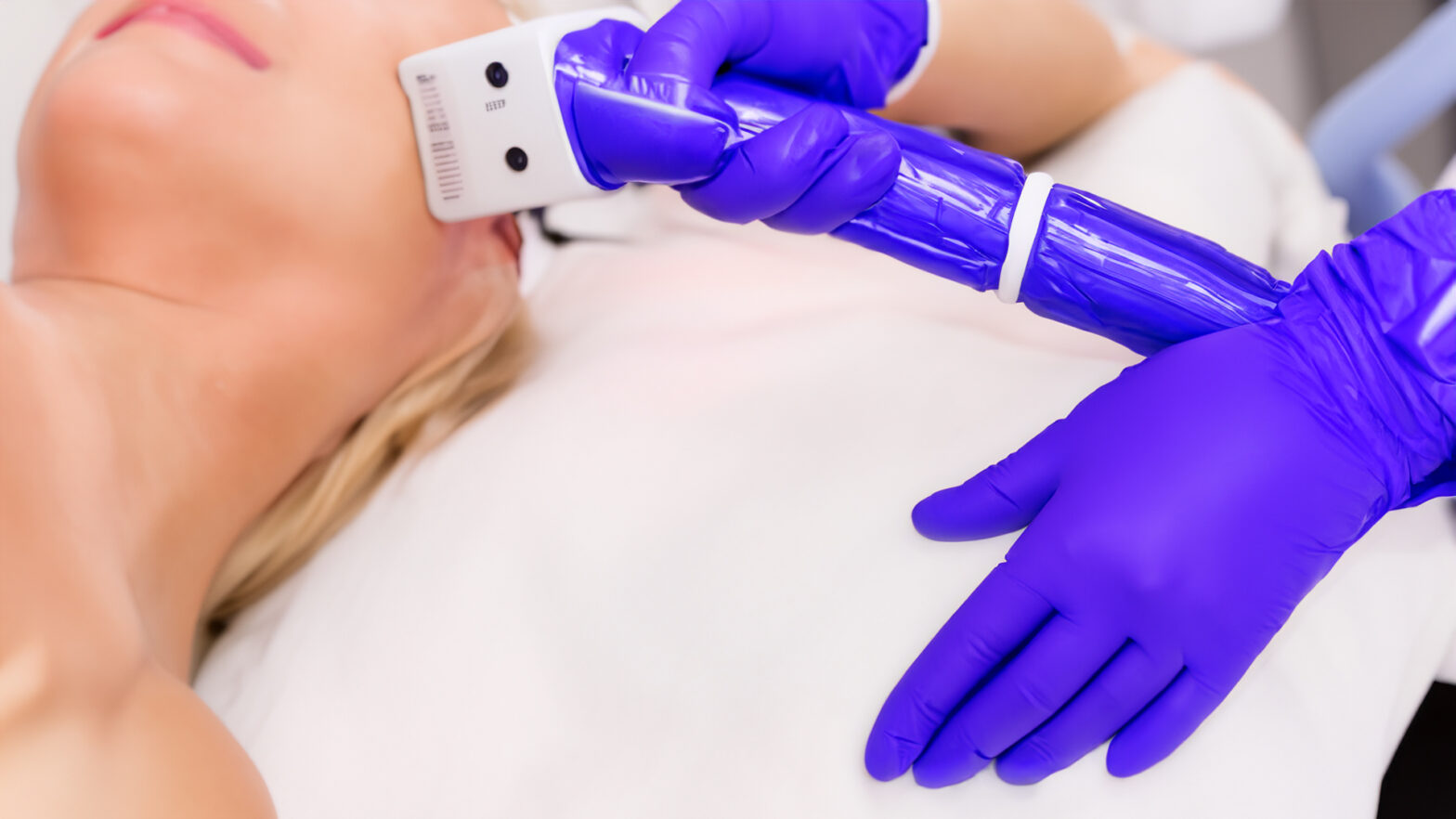Laser tattoo removal has become a popular option for those looking to remove unwanted tattoos. While the process can be effective in getting rid of ink, it’s important to understand that there can be side effects associated with the treatment.
Pain and discomfort: One of the most common side effects of laser tattoo removal is pain and discomfort during and after the treatment. The laser works by breaking up the ink particles in your skin, which can cause some level of discomfort. Most patients describe the sensation as similar to a rubber band snapping against the skin. However, pain levels can vary depending on your pain tolerance and the size/color of the tattoo being removed.
Skin irritation: Another common side effect of laser tattoo removal is skin irritation. After each treatment session, you may experience redness, swelling, and even blistering around the treated area. This is a normal response as your skin is essentially being wounded by the laser in order to break up the ink particles. It’s important to follow your dermatologist’s aftercare instructions carefully to minimize irritation and promote proper healing.
Changes in skin texture: In some cases, laser tattoo removal can lead to changes in skin texture around the treated area. This may include scarring, hyperpigmentation (darkening of the skin), or hypopigmentation (lightening of the skin). These changes are more likely to occur in patients with darker skin tones or those who do not follow proper aftercare instructions. It’s important to discuss any concerns about potential skin texture changes with your dermatologist before starting treatment.
Allergic reactions: While rare, allergic reactions to the ink or laser used during tattoo removal can occur. Symptoms may include itching, swelling, redness, or hives around the treated area. If you experience any signs of an allergic reaction, it’s important to contact your dermatologist immediately for further evaluation and treatment.
Post-inflammatory hyperpigmentation: Post-inflammatory hyperpigmentation (PIH) is a condition where dark spots develop on the skin following inflammation or injury (such as from laser tattoo removal). Patients with darker skin tones are more prone to developing PIH, which can be exacerbated by sun exposure or improper aftercare. To minimize this risk, it’s crucial to protect your skin from UV rays and follow all post-treatment instructions provided by your dermatologist.
While laser tattoo removal can be an effective way to get rid of unwanted ink, it’s essential to be aware of potential side effects associated with the treatment. Remember that everyone’s experience with tattoo removal is unique, so it’s important to follow all aftercare instructions carefully and communicate openly with your healthcare provider throughout the process.
